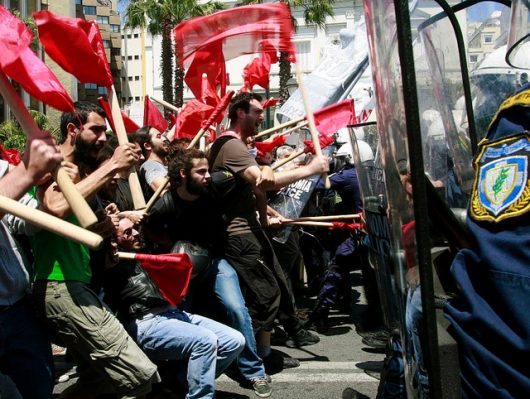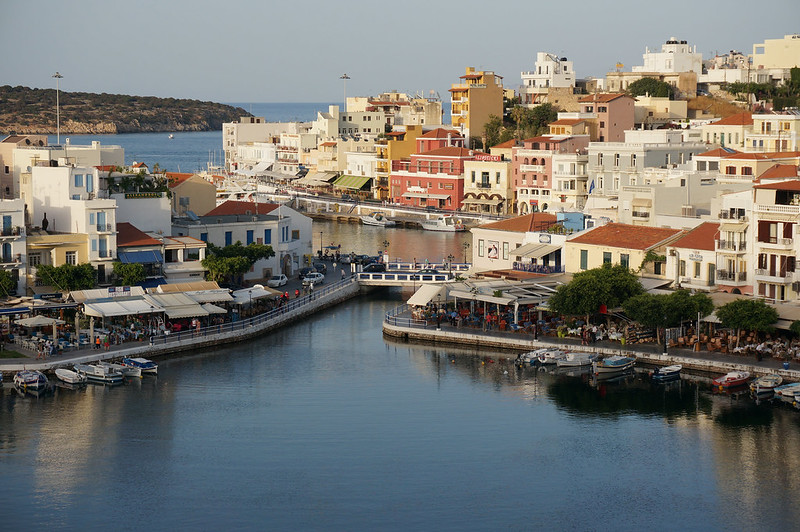
Elderly poverty in Greece is growing at an alarming rate. The government has been unable to address this issue. As a result, nonprofits are stepping up to alleviate some of the burdens carried by the elderly. Here are eight facts about elderly poverty in Greece.
8 Facts About Elderly Poverty in Greece
- Austerity Measures on Relief: Recent government measures in the past two decades have resulted in lower pensions for senior citizens. Pensions greater than 1,000 euros became continuously cut throughout the years, with pension bonuses completely removed from government-provided relief. This has led to serious challenges for seniors. Many had retired or were close to retiring when these changes were implemented. As a result, there was no time for seniors to adjust their savings plans or extend their careers.
- Poverty Often Increases with Age: Seniors above the age of 75 are more likely to experience poverty than seniors ages 55 to 75. This is often due to health issues and medical expenses. Additionally, for many seniors, retirement savings are difficult. For individuals who are already struggling with poverty or who are living frugally, there is little room for retirement savings. Those who do save for retirement do not end up saving enough to live in an increasingly expensive world. When health issues also arise, they create unexpected medical bills that may not be covered completely by health insurance. In some cases, seniors do not even have health insurance to help with financial burdens.
- Lack of Immediate Support: Most seniors don’t have years to wait for policy change or government action to address poverty; they require assistance immediately. Finding the funding and resources to do this requires more than just government attention or even NGO attention. The issue can only be solved by joint action by the government, NGOs and other global poverty organizations.
- Increased Cost of Living: Most households calculate the absolute least amount they have to spend per month to be near 1,500 euros. Unfortunately, this is quantified as higher than what the government considers “extreme poverty.” As a result, there are many in the elderly population that need food assistance and other forms of relief but do not qualify. To solve this problem, the government must re-evaluate its criteria for aid.
- Rising Healthcare Costs: As seniors age, many begin to face health issues. Some possess health insurance; however, this does not guarantee that there will be no costs. Rather, it subsidizes some costs. Seniors face the challenges of affording medicines, treatments, hospital visits and routine checkups to keep up with physical health. Furthermore, seniors are more likely to undergo medical tests for symptoms that could be suggestive of other issues due to their age. This means potentially ordering numerous expensive tests that don’t lead to a diagnosis.
- The Need for Increased Pensions: Increased pensions will most directly help reduce elderly poverty in Greece. The current amount the elderly in Greece receive from their pensions is too low for a secure standard of living. The Greek government has tried to address this issue many times but has yet to find a successful plan in altering the pension. Instead, pension benefits have been cut, value-added tax has not been raised and the entire issue has been swept under the rug.
- Government Struggles: Greece has had difficulties figuring out how to address elderly poverty in Greece. The country currently spends more than any other European country on economic output on retirement funds. Unfortunately, this has been not enough, as the issue goes past just monetary funds. The government should focus on creating support systems for elders and providing better access to affordable healthcare in order to decrease expenses.
- Nonprofit Efforts: A prominent nonprofit that has been making strides in addressing elderly poverty in Greece is Caritas Hellas. This organization addresses poverty in Greece, but it has also been successful in helping alleviate some of the burdens of the elderly population. The organization distributes food and clothes and provides services of counseling and educational support to around 300 individuals. Furthermore, the organization works on strengthening family links to set up a lasting support system for the elderly.
The Way Forward
Only after substantive institutional changes have been made will the issue of elderly poverty in Greece decrease. Government officials should work in collaboration with nonprofits in order to address the needs of the elderly and set up long-lasting systems of support and aid to reduce the number of those suffering from poverty.
– Manasi Singh
Photo: Flickr

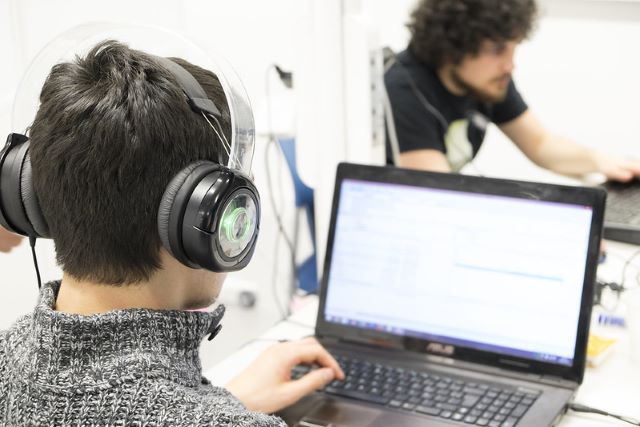 Entrepreneurs in Greece are finding ways to battle the financial crisis that has crippled its economy. While entrepreneurship in Greece has predictably prospered in the tourism sector, many new startups are finding success in technology, science and engineering. In 2018, Greece was named the European Capital of Innovation by the European Union and ranked 11 in the world by the Global Innovation Index for science and engineering graduates. Via innovative ideas, Greek startups are helping the economy by creating jobs and stimulating economic development.
Entrepreneurs in Greece are finding ways to battle the financial crisis that has crippled its economy. While entrepreneurship in Greece has predictably prospered in the tourism sector, many new startups are finding success in technology, science and engineering. In 2018, Greece was named the European Capital of Innovation by the European Union and ranked 11 in the world by the Global Innovation Index for science and engineering graduates. Via innovative ideas, Greek startups are helping the economy by creating jobs and stimulating economic development. For the past decade, Greece has been
For the past decade, Greece has been 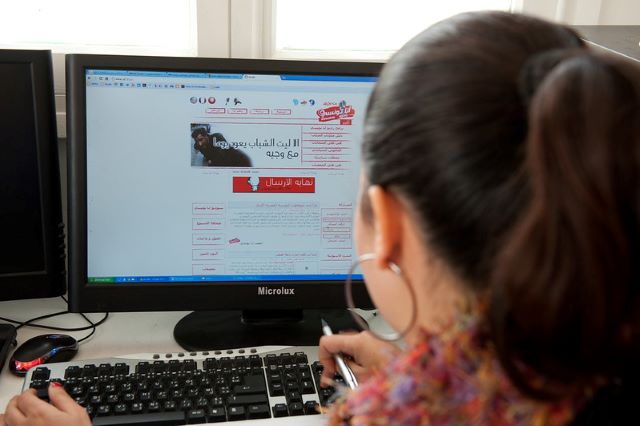 Unemployment in Greece has remained a concern among Greeks since the financial crisis that devastated the economy. During the financial crisis, the Greek economy experienced a 25% decline. While the economy has attempted to recover, the economy continues to experience the impact of the financial crisis, and now the COVID-19 pandemic, which is
Unemployment in Greece has remained a concern among Greeks since the financial crisis that devastated the economy. During the financial crisis, the Greek economy experienced a 25% decline. While the economy has attempted to recover, the economy continues to experience the impact of the financial crisis, and now the COVID-19 pandemic, which is 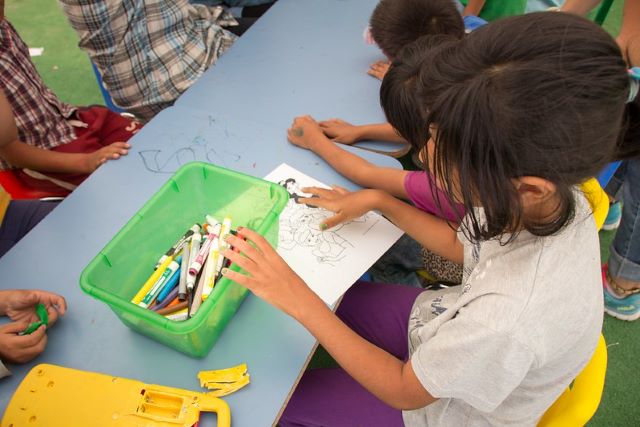 The
The 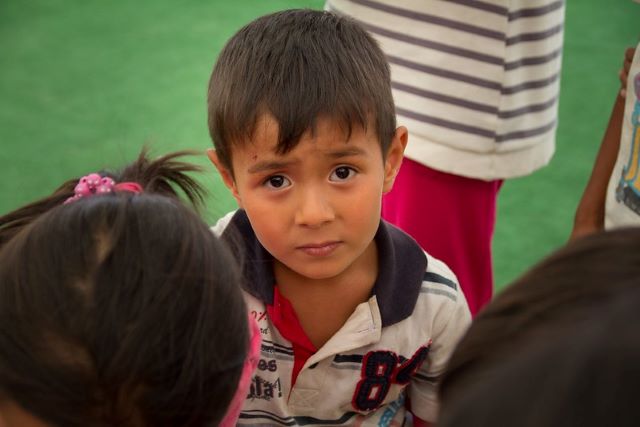 In Lesbos, Greece, children suffering from life-threatening illnesses are being deprived of healthcare. Concerns regarding the Greek government’s stance on providing adequate healthcare to children suffering from chronic, complex and life-threatening diseases at the Moria camp are on the rise. Many camps are overcrowded and have limited resources available for the growing vulnerable population.
In Lesbos, Greece, children suffering from life-threatening illnesses are being deprived of healthcare. Concerns regarding the Greek government’s stance on providing adequate healthcare to children suffering from chronic, complex and life-threatening diseases at the Moria camp are on the rise. Many camps are overcrowded and have limited resources available for the growing vulnerable population. 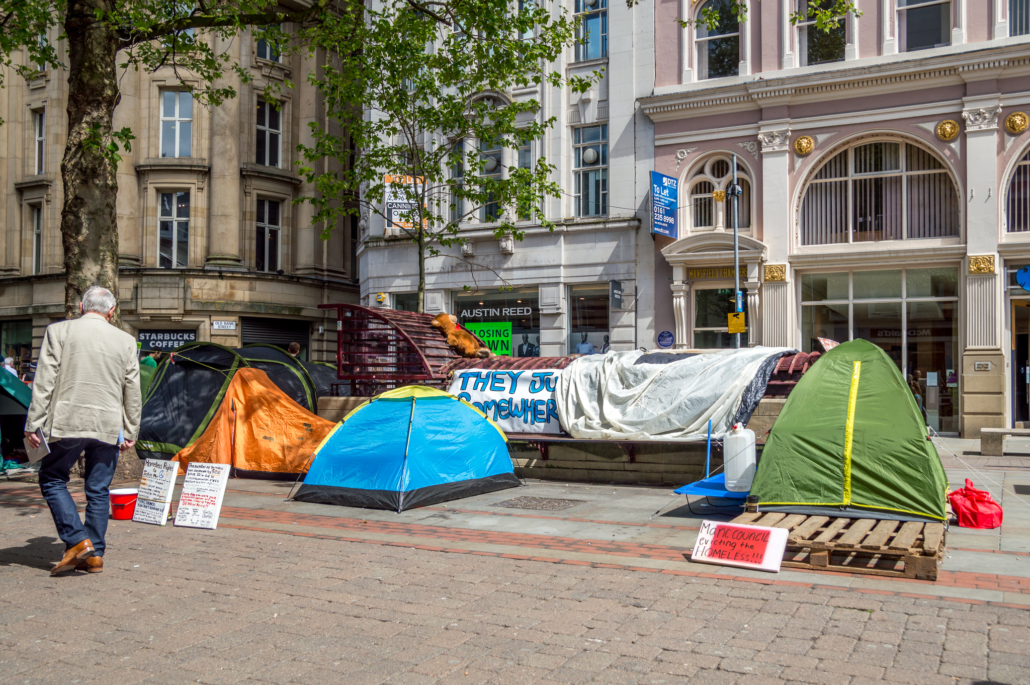 University of Southern California (USC) has a course called “Innovation In Engineering and Design for Global Crises.” As part of the class, a team of USC undergraduates visited the Moria refugee camp to learn from and engage with the displaced peoples about their experiences. The need for more livable housing was the impetus for students’ project development. The result was Torch Tile — an adaptable, low-cost, user-friendly
University of Southern California (USC) has a course called “Innovation In Engineering and Design for Global Crises.” As part of the class, a team of USC undergraduates visited the Moria refugee camp to learn from and engage with the displaced peoples about their experiences. The need for more livable housing was the impetus for students’ project development. The result was Torch Tile — an adaptable, low-cost, user-friendly  How to help people in Greece? While Greece is one of the world’s most beautiful travel destinations, it is currently experiencing a great deal of
How to help people in Greece? While Greece is one of the world’s most beautiful travel destinations, it is currently experiencing a great deal of 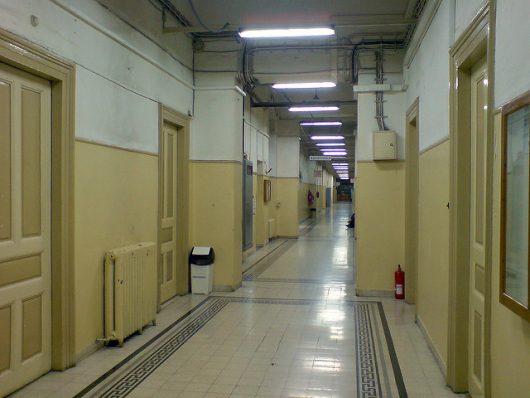 Greece is a small nation in the south of Europe, full of history and culture. A large portion of the tradition in Greece resides in the food they make for their family and friends and spending time together. While these activities are common to the Mediterranean country, many of these people’s habits are also what cause their most common illnesses. Here are the top five common diseases in Greece:
Greece is a small nation in the south of Europe, full of history and culture. A large portion of the tradition in Greece resides in the food they make for their family and friends and spending time together. While these activities are common to the Mediterranean country, many of these people’s habits are also what cause their most common illnesses. Here are the top five common diseases in Greece: